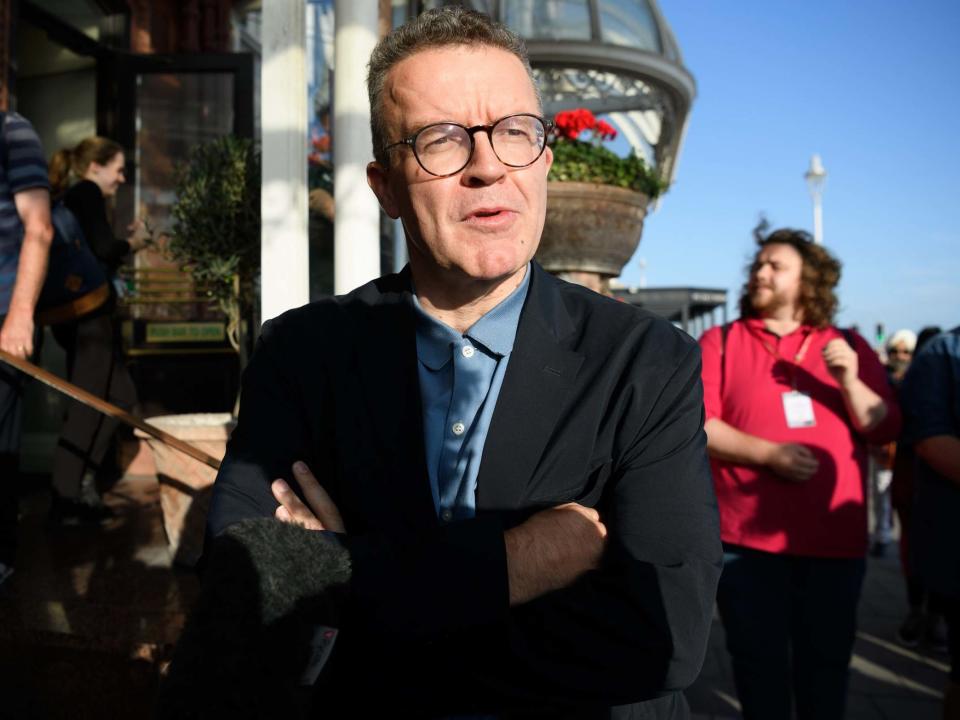Tom Watson has done his duty – he has ensured there will be a Labour Party after Jeremy Corbyn

Of all the power centres in the Labour Party, the deputy leadership was key to the internal resistance to Jeremy Corbyn. The Corbynites had the leadership, the membership and the biggest trade union. Eventually they had the National Executive.
But they never had local government, especially the big city regions (London, Manchester, Liverpool, Sheffield). They never had the parliamentary party: 80 per cent of Labour MPs are non-Corbynites, although many of them have made their accommodations with the new order.
And they never had Tom Watson. Watson held his post by his own direct, personal and separate mandate from the same members who elected Corbyn four years ago. The Corbynites kept coming for him, but they kept missing. They kept trying to rewrite the party’s rules, to add a second deputy leader, and, this year, to ensure that, if Corbyn should become “permanently unavailable”, in the delicate language of the Labour constitution, Watson would be a prisoner of the National Executive as acting leader.
Strangely, it never occurred to them simply to delete the rule that says the deputy leader should automatically become acting leader if the leader is eternally absent.
So Watson was left in uneasy harness with a leader whose politics was alien to his own, and he used his position skilfully, usually behind the scenes. He gave a good and defiant speech to the Labour conference in 2016 (“Capitalism, comrades, is not the enemy” was the stand-out line). And he organised a social-democratic front organisation among Labour MPs and peers – the Labour peers having in effect issued a unilateral declaration of independence from Corbyn.
But a lot of his work, as befits a machine politician and arch plotter such as Watson, was unseen, rallying the non-Corbyn forces and acting as a channel of communication.
As such, he helped facilitate one of the most remarkable rapprochements in modern British politics, between the Blairites and the Brownites. In 2006, Watson was the lead conspirator in the plot to force Tony Blair from office. He resigned as a junior defence minister and led the foolish chorus calling for a prime minister who had just won a third election to “set a timetable” for his departure.
When he succeeded in getting Gordon Brown in, it started the decay of the Labour Party that led by stages to its transformation into something that he cannot have wanted. But Watson seems to have felt a duty to try to save something from the wreckage he had helped to create and so, for the past four years, he has been the leader of the opposition to the leader of the opposition.
And thus, with the prospect of another general election, he was faced with a moment of decision, as many other MPs have been. Are they prepared for another five years of this? I can see why it is time for him to move on.
If Labour loses this election, it will be time for Corbyn to go. Without Corbyn himself, the party is bound to move beyond Corbynism. But it will take a long time to rebuild, and Watson may want to hand over to others to do that. If Labour were to win – that is, if the Conservatives lost more than seven seats and Corbyn became prime minister – there wouldn’t be a meaningful role in government for him.
He has done his duty in making sure that the post-Corbyn parts of the party have survived the past four years, ready to help take Labour forward to a broad-based politics again.

 Yahoo News
Yahoo News 